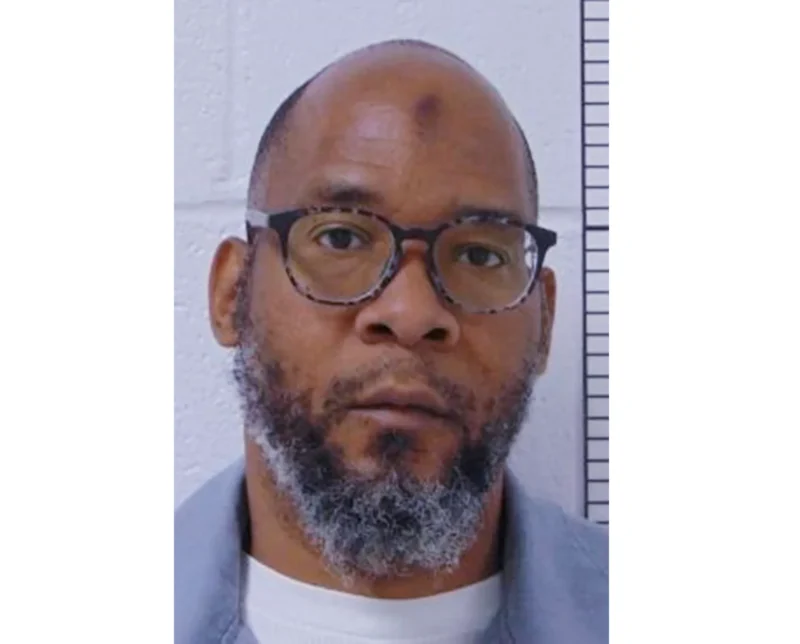What to Know About the Execution of Death Row Inmate Marcellus Williams Amid Public Outcry
Share
Explore Our Galleries
Breaking News!
Today's news and culture by Black and other reporters in the Black and mainstream media.
Ways to Support ABHM?
By Rebecca Schneid, Time

Marcellus Williams was executed by the state of Missouri on Tuesday, Sept. 24, despite concerns citing his potential innocence. Williams died by lethal injection shortly after 6 p.m. at a Missouri state prison in Bonne Terre, St. Francois County. He was 55 years old.
In the aftermath of his death, there has been widespread condemnation, especially since the execution was not supported by the prosecution nor the victim’s family.
Williams was convicted and sentenced to death in 2001 for the 1998 murder of Felicia Gayle, a social worker and well-known St. Louis Post-Dispatch reporter, who was killed in her home.
The St. Louis County Prosecuting Attorney’s Office urged officials and courts to call off the execution over concerns regarding the trial’s jury selection (the vast majority of the jury was white) and potential racial bias—Williams was Black, while Gayle was white. Furthermore, DNA evidence did not tie Williams to the murder.
“Even for those who disagree on the death penalty, when there is a shadow of a doubt of any defendant’s guilt, the irreversible punishment of execution should not be an option,” St. Louis County’s Prosecuting Attorney Wesley Bell said in a statement, according to the New York Times.
Read about how the governor failed to act.
Learning Black history helps explain why injustices continue.









Comments Are Welcome
Note: We moderate submissions in order to create a space for meaningful dialogue, a space where museum visitors – adults and youth –– can exchange informed, thoughtful, and relevant comments that add value to our exhibits.
Racial slurs, personal attacks, obscenity, profanity, and SHOUTING do not meet the above standard. Such comments are posted in the exhibit Hateful Speech. Commercial promotions, impersonations, and incoherent comments likewise fail to meet our goals, so will not be posted. Submissions longer than 120 words will be shortened.
See our full Comments Policy here.